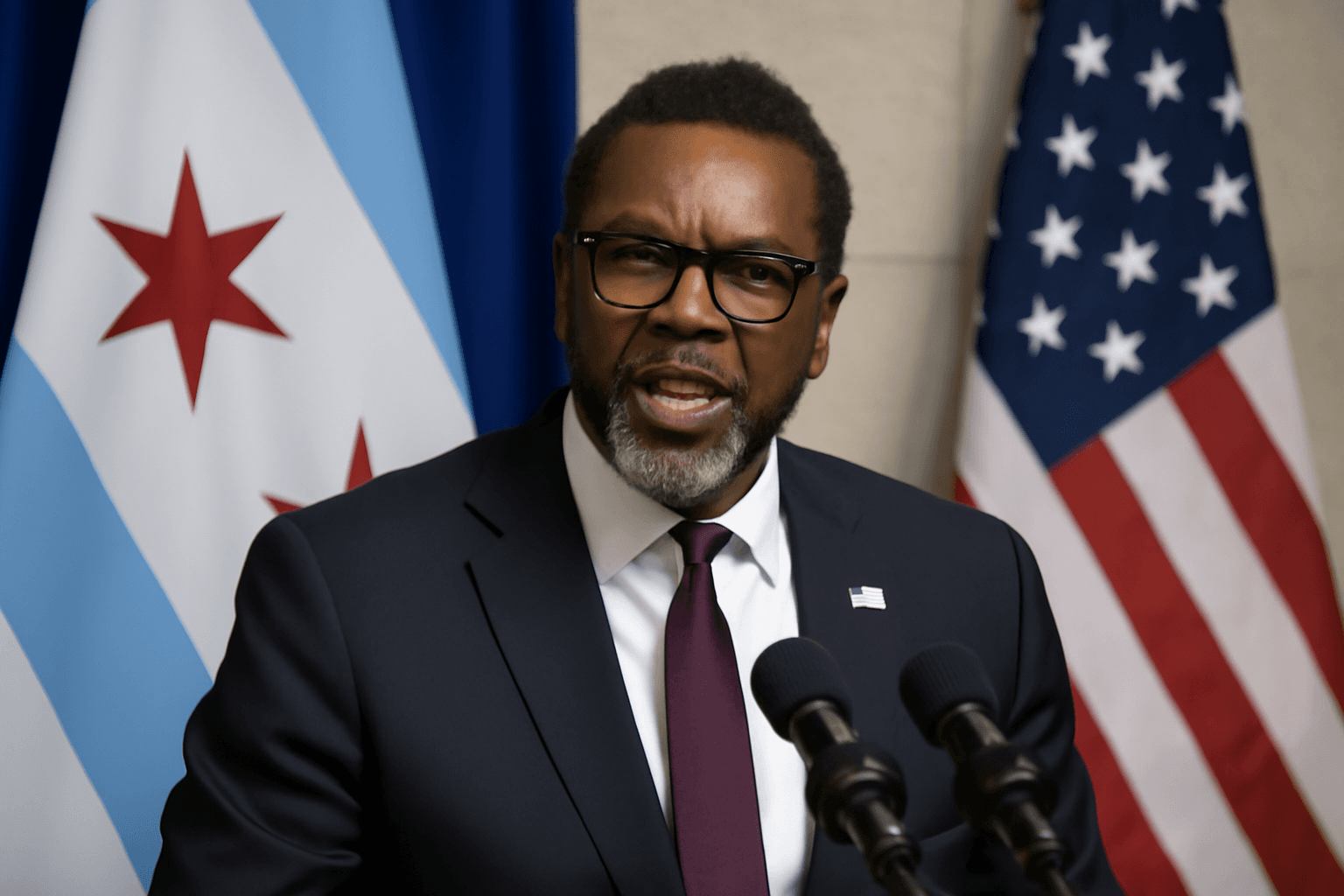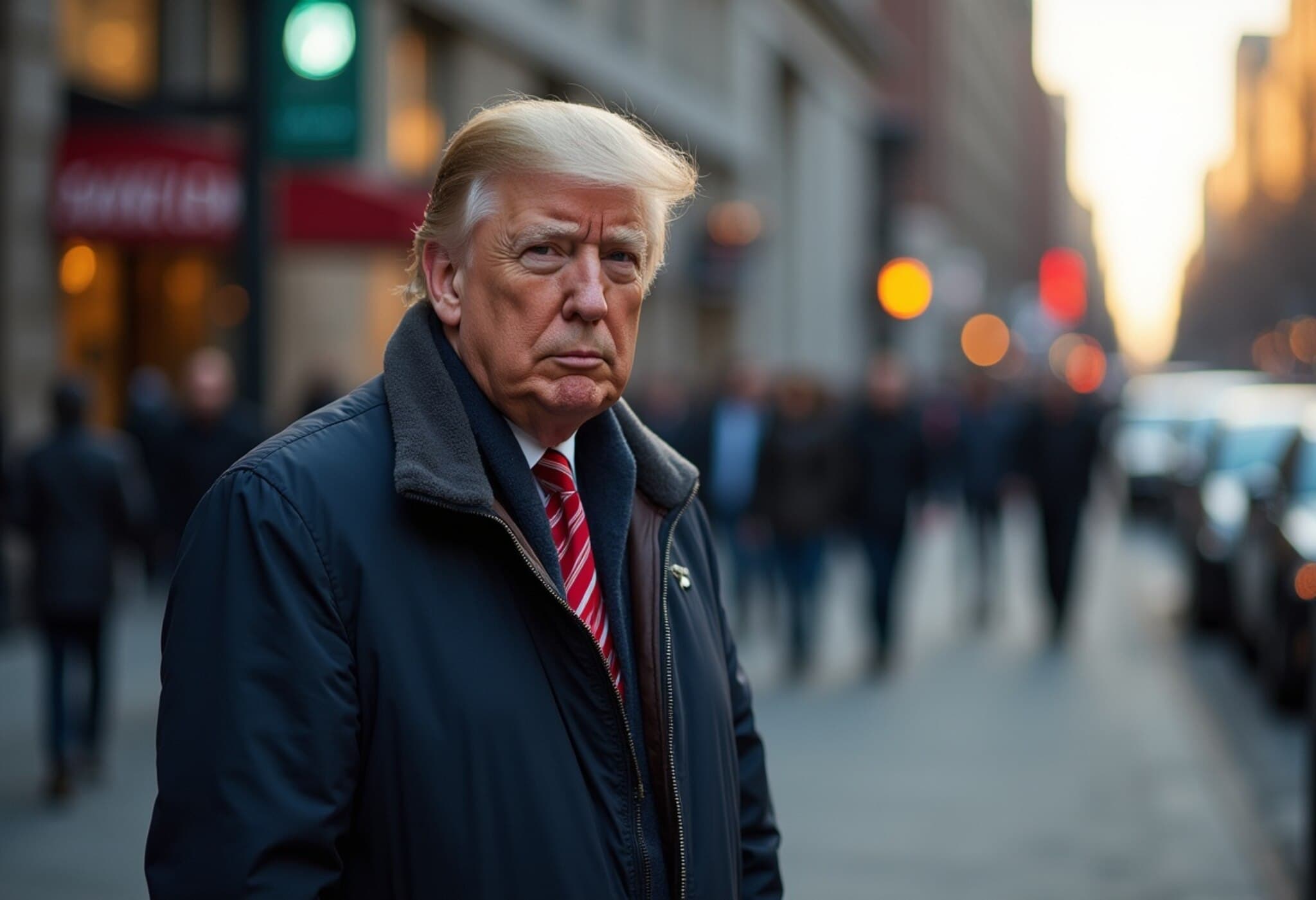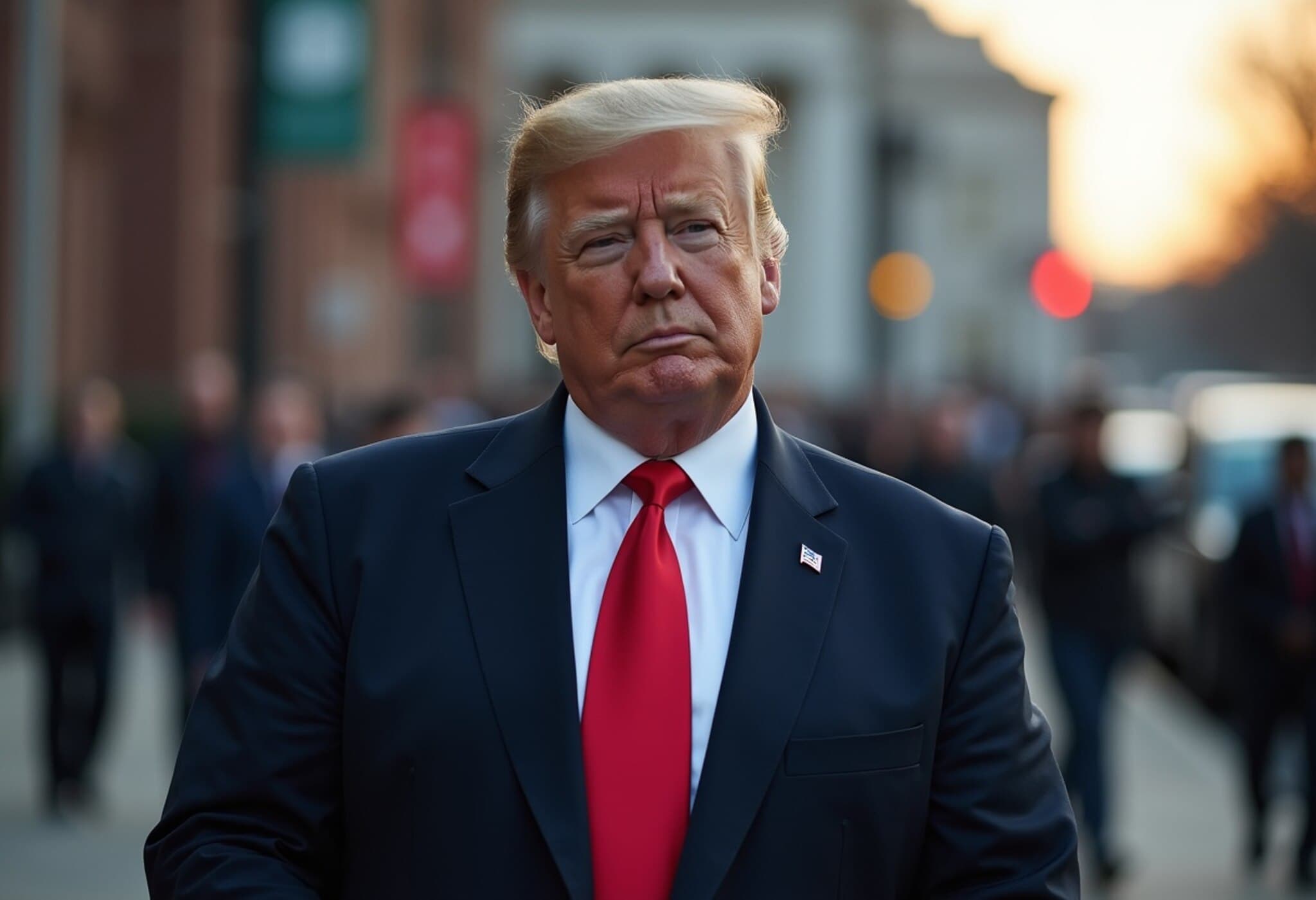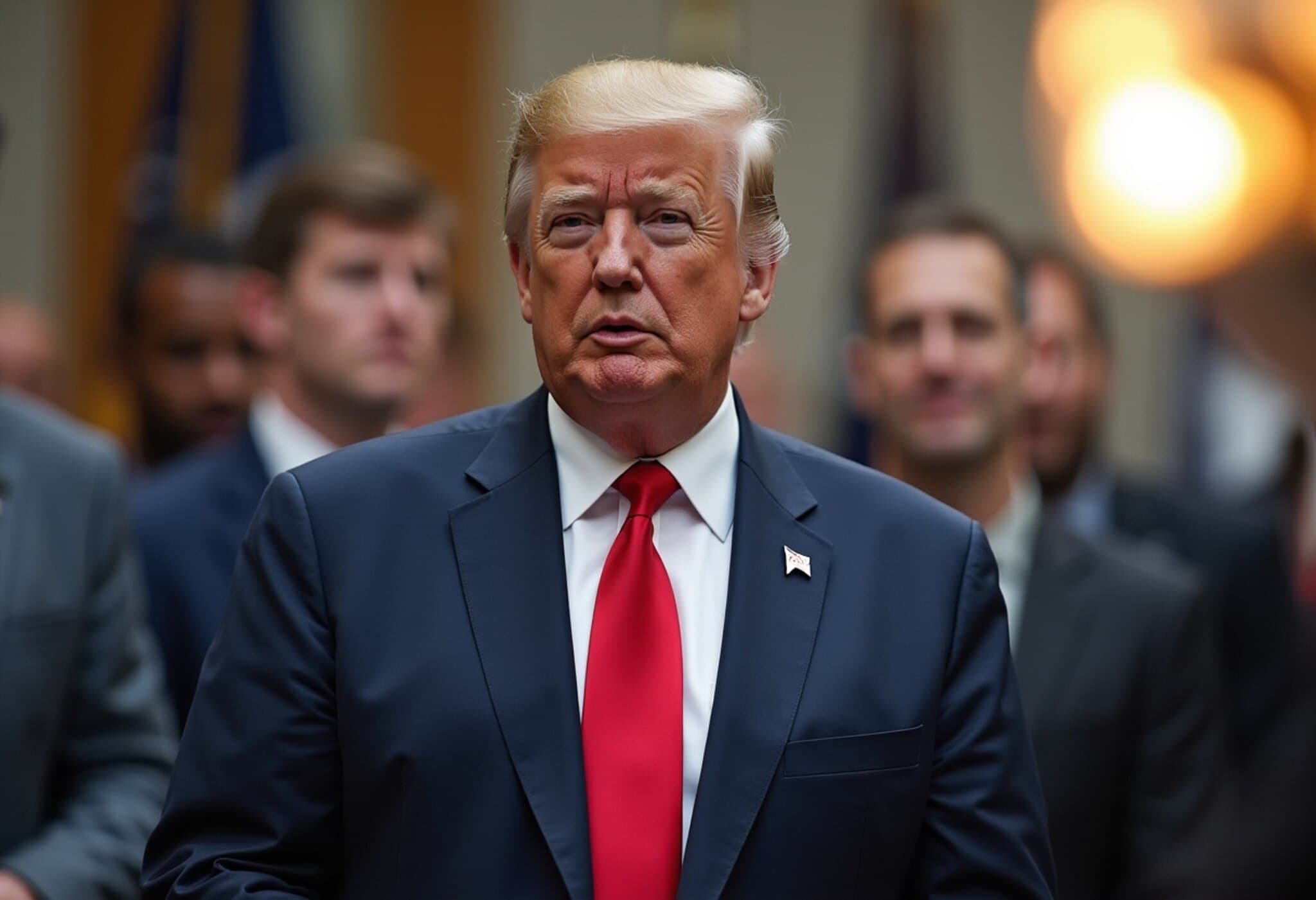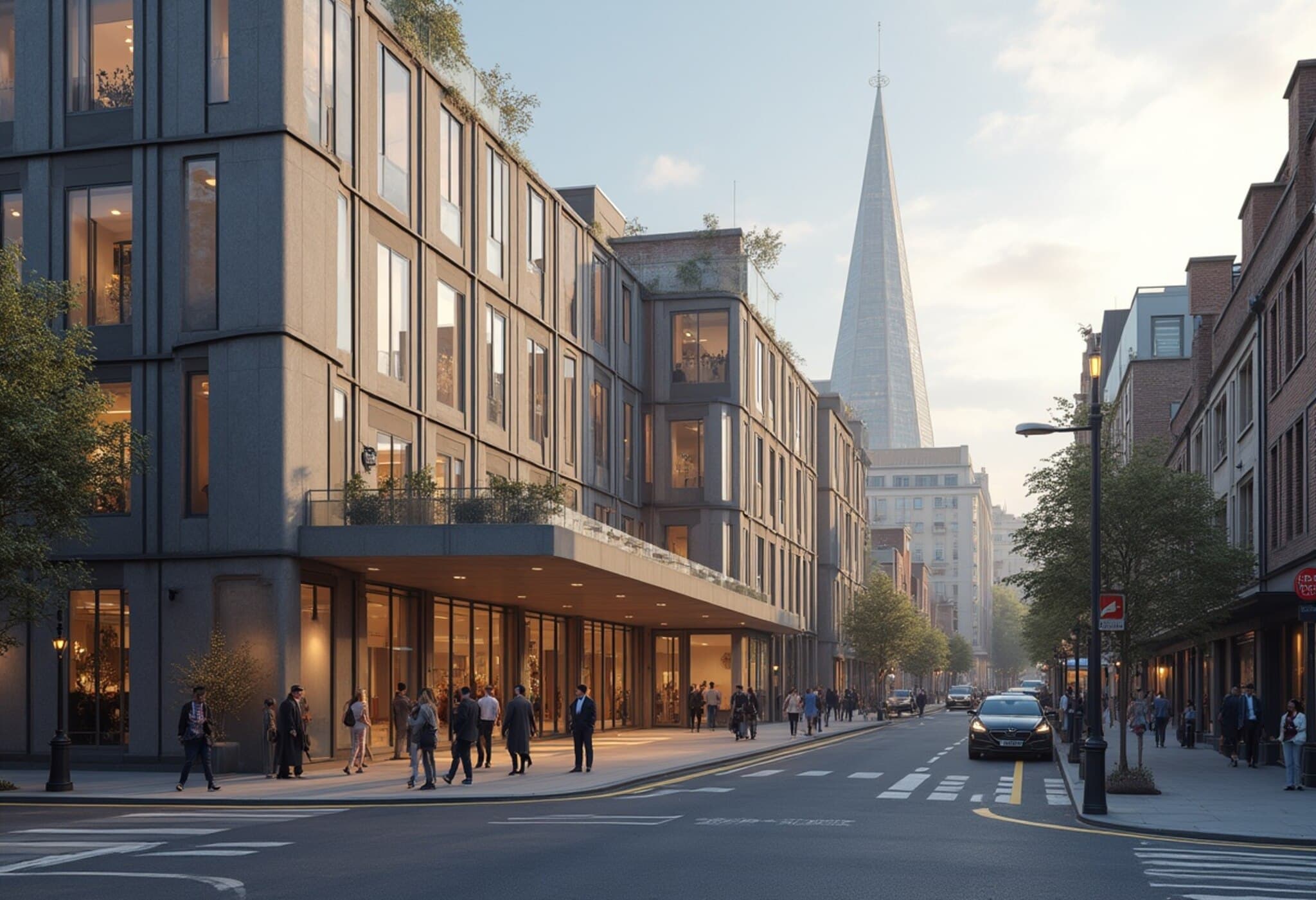Chicago Mayor Brandon Johnson Rebukes Trump’s Plans for National Guard Deployment
In a vehement response to President Donald Trump’s recent announcement about deploying the National Guard to confront crime in US cities, Chicago Mayor Brandon Johnson called the proposal both offensive and unlawful. This exchange underscores the deep political rift over how best to address urban crime—a debate playing out on a national stage amid conflicting narratives about public safety progress.
Trump’s Proposal and Criticism of Chicago Leadership
On August 23, 2025, speaking from the Oval Office, President Trump revealed his order to use federal law enforcement and the National Guard to crack down on violent crime in Washington DC. He hinted that other Democrat-led cities like Chicago could face similar interventions. Trump did not shy away from direct criticism: "Chicago’s a mess. You have an incompetent mayor, grossly incompetent, and we’ll straighten that one out probably next," he asserted.
Accompanied by images of National Guard troops preparing ammunition, Trump's comments set a confrontational tone, framing federal action as a necessary corrective to what he portrayed as failed city leadership.
Mayor Johnson Highlights Declining Crime Rates and Collaborative Efforts
Mayor Johnson rejected these accusations, emphasizing data that paints a markedly different picture. According to Chicago’s official reports, homicides have declined by over 30%, robberies by 35%, and shootings by nearly 40% over the past year—significant improvements that counter Trump's narrative of chaos.
Speaking to WGN, a Nexstar media affiliate, Johnson stressed that Chicago’s approach is coordinated and rooted in collaboration with other city officials nationwide. "We know exactly what it takes to reduce violence and crime because we’re actually doing it," he said, underscoring the ongoing, methodical work behind these statistics.
Legal and Social Implications of National Guard Deployment
Beyond political sparring, Johnson raised serious concerns about the legality and consequences of deploying troops without proper coordination. He warned that such a move could undermine hard-fought gains in public safety and strain community trust.
"The President’s approach is uncoordinated, uncalled for, and unsound," Johnson remarked. "It’s really a shame that a leader who claims to stand for law and order would suggest actions that risk doing precisely the opposite.”
Contextual Analysis: What’s at Stake?
- Community Trust: Deploying National Guard troops can escalate tensions, potentially leading to civil liberties concerns and eroding relations between residents and law enforcement.
- Federal vs. Local Authority: The move raises constitutional questions about federal intervention in local governance, especially without invitation or coordination.
- Political Narrative: The battle over crime often reflects deeper ideological divides, where statistics and lived realities diverge in public discourse.
- Economic Impact: Crime reductions can stimulate investment and community development; disruptive interventions risk reversing gains.
Expert Commentary
Urban policy analysts note that sustainable reductions in crime typically result from long-term, community-based initiatives — including social services, improved policing strategies, and economic opportunities — rather than short-term militarized responses. Dr. Elaine Watkins, a public safety researcher, emphasizes: "The data from Chicago suggests progress is being made, but heavy-handed federal involvement risks politicizing public safety and undermining local expertise. Collaboration, not confrontation, is key."
Looking Ahead
The unfolding dispute between Chicago’s mayor and the President highlights the complexities of crime policy in America’s largest cities. As summer turns to fall, all eyes will be on how these policy differences translate to real-world actions—whether through cooperation or escalating tensions.

